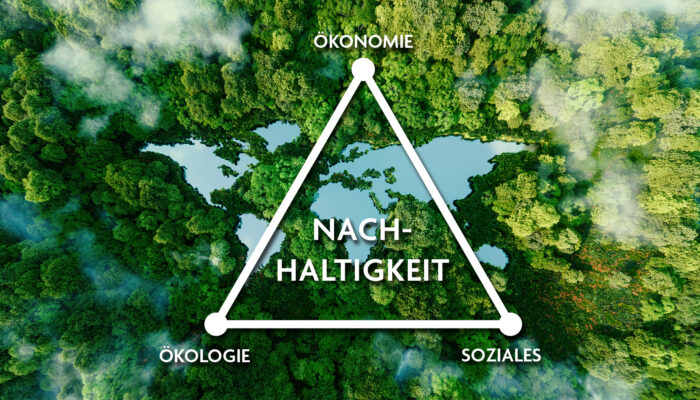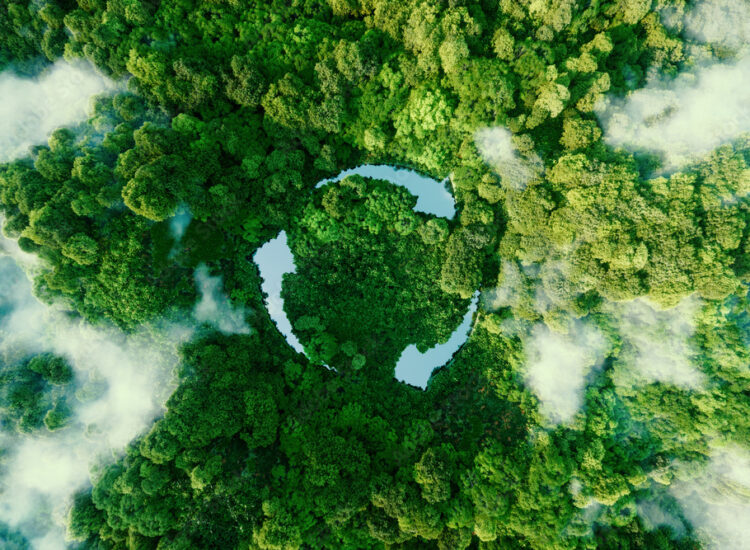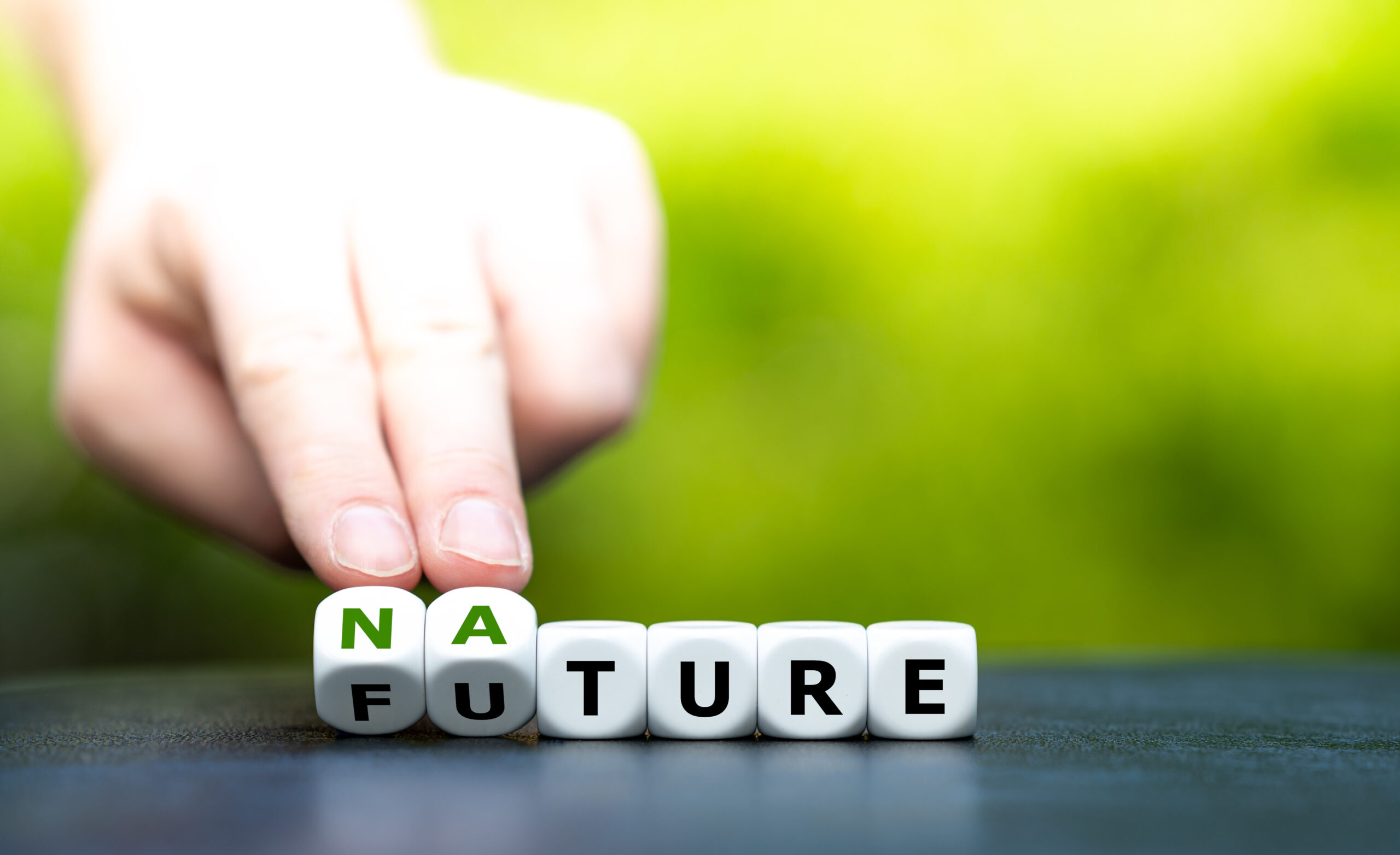Sustainability or sustainable development means meeting the needs of the present in a way that does not limit the opportunities of future generations. Today, sustainability is described in Duden as a “principle according to which no more may be consumed than can be regrown, regenerated and provided again in the future”. What types of sustainability are there?
Accordingly, there is ecological sustainability (no overexploitation of nature), economic sustainability (long-term economic activity with given resources) and social sustainability (civilized resolution of social tensions).
All three dimensions must mesh!


It is no longer entirely clear where the idea of the sustainability triangle came from. However, the Oldenburg professor Bernd Heins is mentioned again and again in this context. The head of the INEP department for sustainable energy management, politics, risk and social innovations is said to have first presented the model in 1994. At the same time, another sustainability concept with similar content was making the rounds and was receiving international attention.
The Association of the Chemical Industry (VCI) plays an important role here - a player that one would not necessarily immediately suspect. But in 1996 this association demanded that “(…) economic, ecological and social aspects be given equal consideration. We do not view sustainable development as a one-sided ecological concept, but rather as a holistic future concept.
Because each of these three areas contributes to making long-term and sustainable development possible.”


